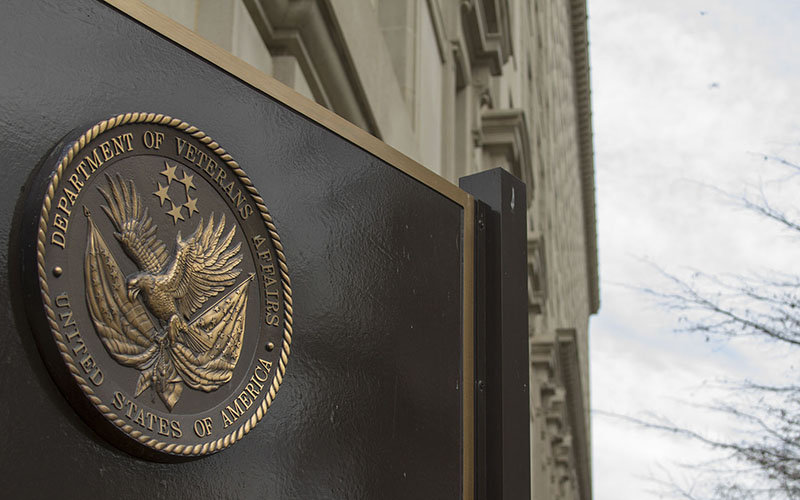WASHINGTON – The three Phoenix officials who got “long overdue” termination notices Tuesday from the Department of Veterans Affairs still have the right to a lengthy appeals process that could extend their cases by months or more.
The notices – which came two years after problems were first uncovered at the Phoenix VA – start a 30-day review by the agency, during which the three will continue to draw salaries.
If the department decides to terminate them at the end of that review, they could begin appeals. The VA said they would stop being paid at that point, but the process continues to aggravate lawmakers, who said it has taken much too long to hold officials accountable already.
“There should be no appeal process, no reassignment and no pension. Federal employees should not be a protected class,” said Rep. Paul Gosar, R-Prescott, in a statement Wednesday.
“It shouldn’t be this hard to fire someone who is bad at their job,” his statement said.
The VA said Tuesday that it had delivered “notices of proposed removal” to three officials at the Phoenix VA Health Care System: Chief of Health Administration Services Brad Curry, Associate Director Lance Robinson and Dr. Darren Deering, that hospital’s chief of staff.
The announcement from the VA did not specify the reasons for the proposed removals, but said they came after reviewing a “massive amount of evidence” from the Phoenix facility.
Problems at the facility were first revealed in early 2014, when a whistleblower said employees in the Phoenix VA health system “fixed” records of patient wait times to make it appear as if patients got care sooner than they were actually treated – if they were treated at all. Patient wait times were one factor in employee bonuses.
The Phoenix problem sparked an audit of all VA facilities, which led to the discovery of a “nationwide systemic problem” with scheduling practices, among other problems, according to an August 2014 inspector general’s report.
Those issues ultimately led to Tuesday’s notices to the three Phoenix employees, who have different appeal options, according to the VA.
It said Deering can appeal through a grievance process, which can take roughly 75 days after the 30-day clock that started Tuesday.
Curry and Robinson have two appeals each to the Merit Systems Protection Board, a process that can take a year or more, according to the VA. After that, they have the option of going to court.
The merit board, which has recently overturned disciplinary actions against at least three VA senior executives, has come under fire from lawmakers. Sen. Johnny Isakson, R-Georgia, the chairman of the Senate Veterans Affairs Committee, criticized the “overly bureaucratic” board during a Tuesday hearing, according to a statement from the committee.
Officials with the American Federation of Government Employees were not immediately available Wednesday to comment on the appeals process.
But Arizona lawmakers criticized the “outrageous and unacceptable” pace of action against VA employees.
“The unsettling truth is that it could take a year or up to two years to actually completely the process,” Rep. Kyrsten Sinema, D-Phoenix, said Wednesday.
She noted that while the three were assigned other duties while the VA investigated their actions, they will continue to draw a salary for the next month.
“I don’t think we should be paying people when they should be fired,” Sinema said. “I also don’t think people should be paid to sit at home and work virtually on some other task that’s not their job.”
Rep. Ann Kirkpatrick, D-Flagstaff, said the process has been “very disappointing.”
“Again, this has taken way too long,” she said Wednesday. “It should have happened sooner. Unfortunately, we just aren’t seeing much action or accountability for our veterans and they really deserve much more than this.”
